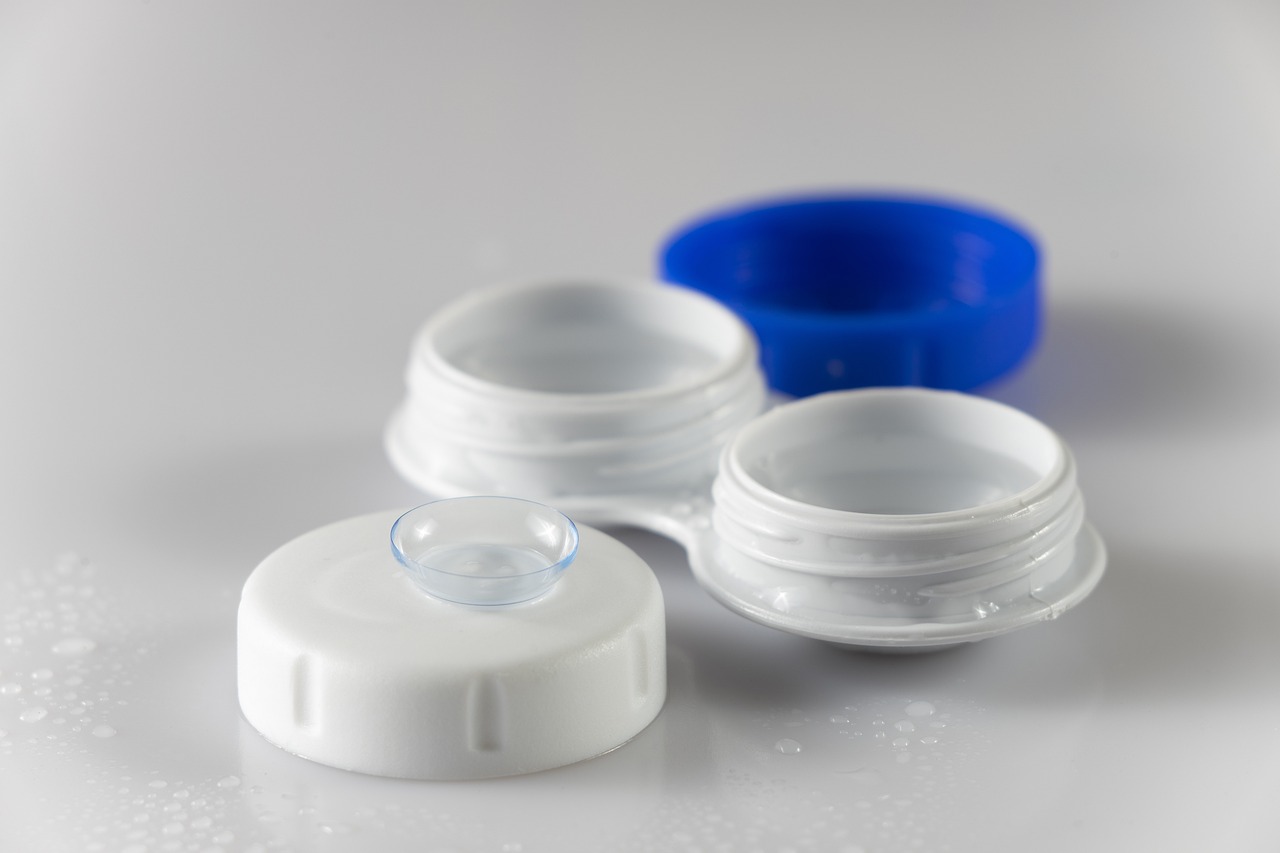
Contact Lens Wearers Beware: Using Expired Contacts Can Be Risky
If you’re a contact lens wearer, you know how important it is to properly care for your lenses. However, we all have those moments when we break the cardinal rules of contact lens hygiene. Whether it’s sleeping in them, reusing them when we shouldn’t, or using them past their expiration date, we’ve all been guilty of taking shortcuts. But is it really worth the potential harm to our eyes?
According to Dr. Yuna Rapoport, an ophthalmologist at Manhattan Eye, using expired contact lenses can have serious consequences. To determine if your contacts are expired, simply check the month and year printed on the box. For example, if it reads 06/23, that means the contacts are safe to use until the end of June 2023. Using them beyond that date can put your eyes at risk of infection or worse.
So, what are the signs that your eyes are responding negatively to expired contacts? Initial burning, stinging, and redness are common indicators. If you experience these symptoms, Dr. Rapoport advises immediately removing the contacts and using preservative-free artificial tears.
One of the risks associated with using expired contacts is the potential for infections. Even though the contacts may be sealed, the solution inside may no longer be effective. This can lead to bacterial and fungal growth, putting you at risk for infections like bacterial keratitis. Symptoms of this infection include eye redness, sensitivity to light, pain, and blurred vision.
Dr. Rapoport explains that while small infections in the periphery of the cornea may not cause permanent damage, central infections can be more serious. They can result in scarring, irregular astigmatism, poor vision, and in severe cases, permanent vision loss or the need for a corneal transplant.
Another important factor to consider is the expiration of your contact lens prescription. Contact lenses typically expire after a year, so it’s crucial to get a new prescription annually. Using expired contacts with an outdated prescription can lead to blurry vision, eye strain, and fatigue. Make sure to schedule regular eye exams to ensure your prescription is up to date and to get properly fitted for contact lenses.
Using expired contacts can also increase your chances of experiencing dry eyes. Over time, contacts lose their permeability, resulting in less oxygen reaching the eyes. This can leave your eyes feeling dry and increase the risk of infection. Patients with existing dry eye or other corneal conditions are particularly vulnerable.
Dr. Rapoport strongly advises against trying to extend the life of your contacts. The most hygienic way to use contacts is to wash your hands before inserting or removing them and to use lubricating drops. Ultimately, it’s important to prioritize your eye health and discard expired contacts accordingly.
So, next time you’re tempted to reuse or extend the life of your contacts, remember the potential risks involved. Your eyes deserve the best care possible, so don’t take any shortcuts when it comes to contact lens hygiene.
